Trans* Awareness Week and Trans Day of Remembrance
The week of November 14-20, 2022 is trans* Awareness Week. The main goal is to create visibility for the trans* community and to draw attention to problems that trans* people have to face every day. The week ends on November 20th with the trans* Day of Remembrance which is an international day of remembrance for trans* people who died in the last year due to trans* violence. On this occasion we call for solidarity and active engagement for the rights of trans* people and demand this also from the side of politics.
To give visibility to the history of the trans* community, in this post we introduce you to five historical trans* pioneers.
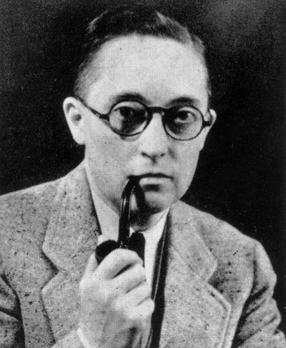
Alan L. Hart (*1880 †1962)
Alan L. Hart was a trans* man who was not only the first person in the U.S. to receive a total hysterectomy, but Alan was also a writer, researcher, and physician who saved the lives of several thousand tuberculosis patients through modern x-ray diagnoses.
Dora (Dorchen) Richter (*1891 †unknown)
Dora “Dorchen” Richter is a historically important trans* woman. She was the first known person in Germany to undergo complete gender reassignment between 1922 and 1931. Dorchen worked as a domestic servant alongside several other trans* people for Magnus Hirschfeld, the director of the Berlin Institute for Sexual Sciences, until it was attacked and destroyed by a Nazi mob in 1933. It is unclear, however, whether Dora was murdered in this attack or died at the hands of Nazis over the next few years, as there were no further records of her from that day on.
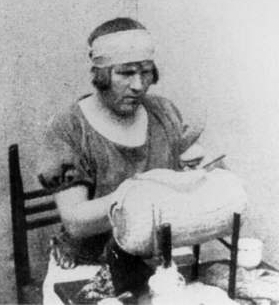
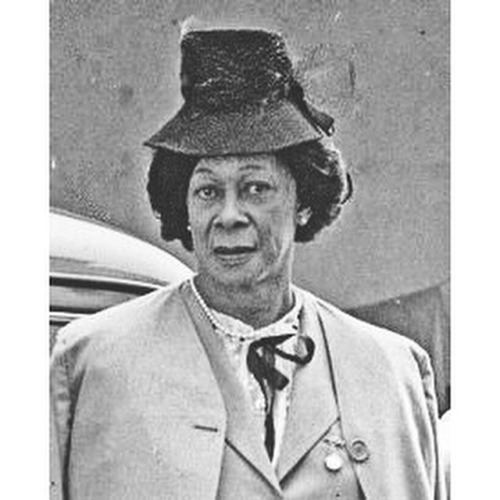
Lucy Hicks Anderson (*1886 †1954)
Lucy Hicks Anderson was a true trans* pioneer of her time. Even as a young child, she told her parents that she preferred to be a girl and be called Lucy. Lucy married two men in her life and fought for legal effectiveness of her marriage, as she was assigned to the male gender at birth. This made her a very early campaigner for marriage for all as well as for the rights of trans* people.
Willmer “Little Axe” Broadnax (*1916 †1992)
Willmer Broadnax, one of the first recorded POC trans* men in the U.S., is also an exciting trans* personality, although hardly anyone knew him until his death. It was only after he was stabbed to death by his partner in an argument that an autopsy revealed he was a trans* man. Willmer was not an unknown person in his lifetime; he was a nationally famous and popular gospel singer, known by his nickname “Little Axe.”
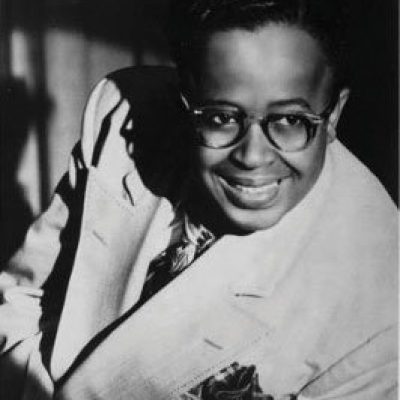
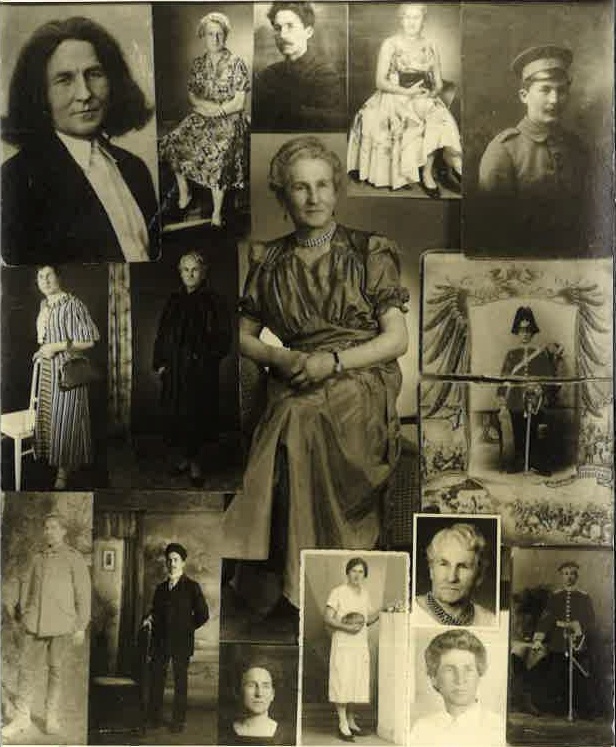
Toni Simon (*1887 †1979)
Today, we would call Toni Simon a German pioneer of non-binary life. On the occasion of Toni’s seventieth birthday in 1956, a collage of Toni’s various phases of life was created, which was then also sent as a postcard. In it Toni can be seen in different gender roles at a time, especially at the beginning Toni was mostly in male military uniforms and suits. As Toni grew older, Toni chose increasingly fancy dresses. Doing so, Toni wanted to break the rules of binarity and proved that gender binaries can be broken.
More tips for trans* people
Here are further ideas for trans* people in a workplace:
- Seek allies and role models within the company.
- If possible, work with the company to create a communication and action plan.
- Very important: You set the pace!
- Network with the LGBTIQ network, if one exists. We have compiled a list of LGBTIQ networks in companies and organizations.
Tips for Companies and Allies
- A Transition Guide clearly specifies who is responsible. Note: the trans* person determines the pace and whether an action should be implemented. Every transition is individual
- Enable name and pronoun changes before the official decision is made.
- Training sensitize HR and management
- Establish and strengthen an internal LGBTIQ network with dedicated trans contact persons
- Inform about the topic trans*
- Use gender inclusive language, ask for a person’s pronouns so they use the one chosen by the trans* person and not their deadname. Deadname is the old, discarded name of a trans* person.
- Only ask questions that you would answer yourself
- Consciously stand up for the rights and against the discrimination of trans* persons
Advice centers
Bundesverband trans*
“The Bundesverband Trans* (BVT) sees itself as a federation of individuals, groups, associations, federations and initiatives at regional, state and national level whose common endeavor is the commitment to gender diversity and self-determination and the commitment to human rights in terms of respect, recognition, equality, social participation and health of trans persons or persons not located in the binary gender system.”
Deutsche Gesellschaft für Transidentität und Intersexualität e.V.
“The dgti has set itself the goal of promoting the acceptance of transidents within society and counteracting their stigmatization. It should advise and support those affected and interested, if this is desired. An essential aspect of the work should be the (re-)integration of affected persons into the work process, in order to counteract the danger of social decline, which is still associated with social change today. It advocates more openness to one’s own identity and takes into account the diversity of human existence.”
Transmann e.V.
“Nationwide, volunteer-based, non-profit association for all woman-to-male (FzM/FtM) trans* and inter* people.”
TransInterQueer e.V.
“TrIQ is a social center and a politically, culturally and in the research field active association, which stands up for trans, intersex and queer living people in Berlin and beyond.”
Trans*Inter*Beratungsstelle
“The project of the Münchner Aids-Hilfe e.V. is equally there for trans* and inter* people as well as their relatives and friends.”
TGEU
“TGEU is a membership-based organization that was founded in 2005. Since then, TGEU has steadily grown and established itself as a legitimate voice for the trans* community in Europe and Central Asia, with 157 member organizations in 47 different countries.”
